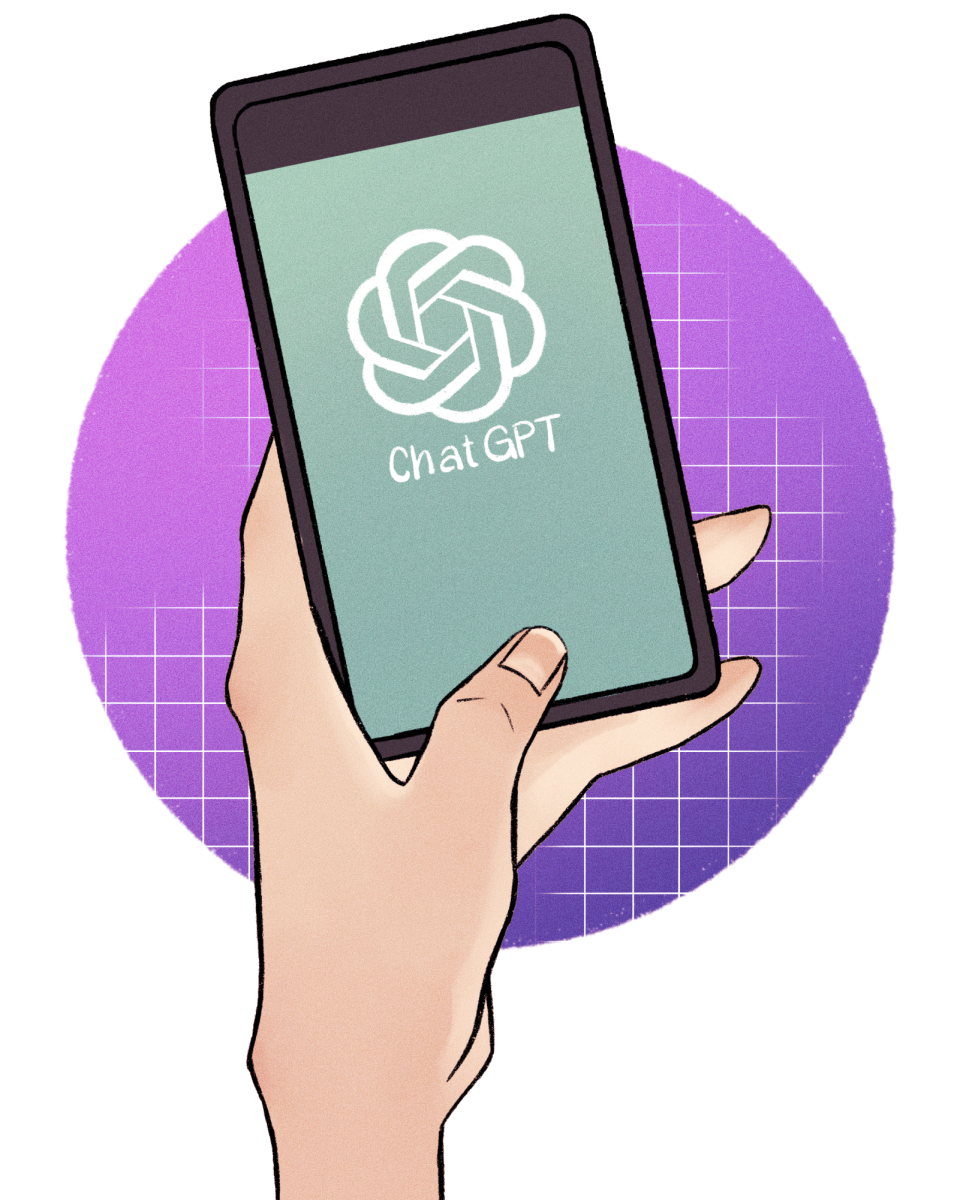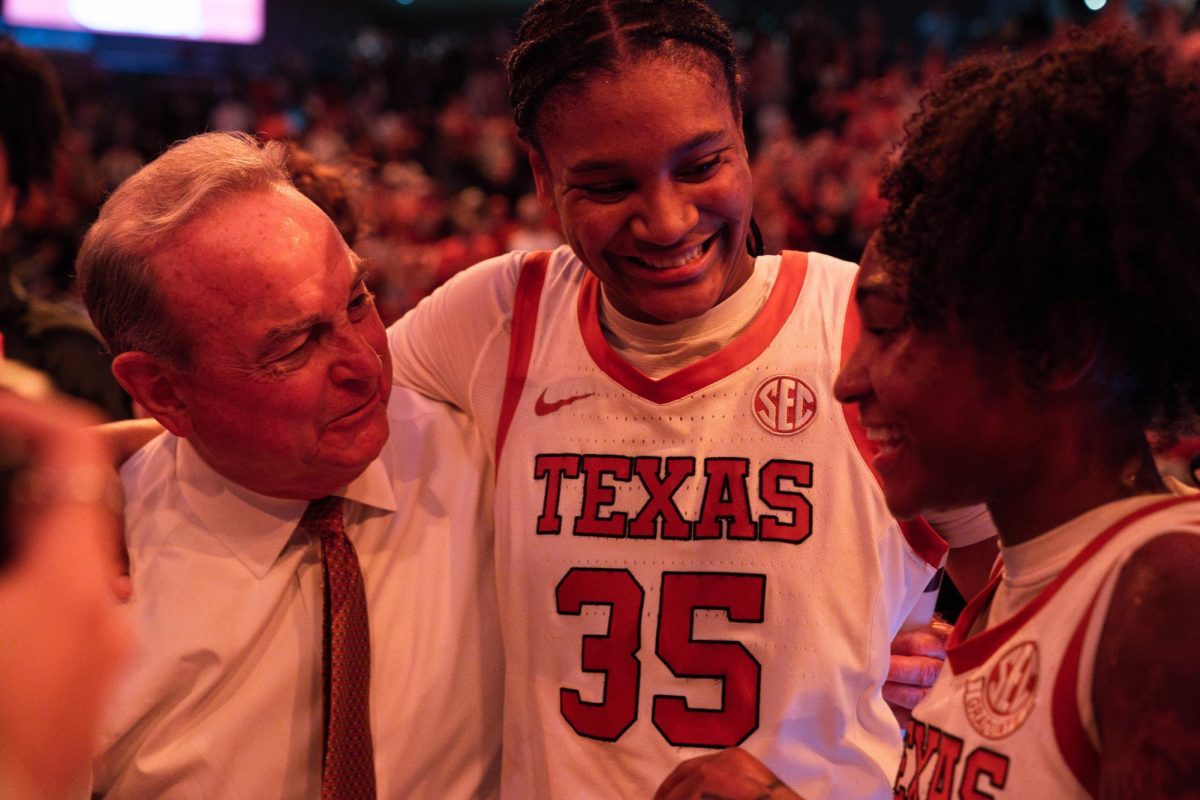With the biggest freshman class in UT’s history trying to get acclimated to college, suicide is of special concern this year.
Suicide is the second-leading cause of death for people ages 15 to 19, following accidental deaths and preceding homicide, the Center for Disease Control reported.
Marian Trattner, the suicide prevention coordinator at the Counseling and Mental Health Center, said first-year students could be at higher risk for depression and suicidal thoughts.
“I think college is super exciting for students, but it can also be a really stressful time,” Trattner said. “Especially for a first-year student, you’re learning all about the college experience, but you’re also learning how to live on your own for the first time and not under your parents’ wing.”
Gustavo Molinar, a teaching assistant for the CMHC’s Peer Education program, offered tips for students who sense problems with their friends or roommates.
“We tell students that you never put the idea [of] suicide into their head,” said Molinar, a psychology and health and society senior. “Tell your roommate or friend that you’re there if they need it, and tell them about the mental health center and the crisis line.” Molinar said the stigma that still surrounds mental health issues stops people from wanting to talk about it. He said next month’s Suicide Prevention Week will help with this.
“It will help in the sense that students will really know that suicide prevention exists on campus,” Molinar said. “Some people think it’s a very taboo topic to talk about.”
Suicide Prevention Week will kick off on Sept. 24 with a Kick Back Against Stigma kickball tournament.
The CMHC offers counseling for students who need help and has a 24/7 crisis line students can use. Trattner said more than 5,000 students come to the center over the course of the year, and about 120 students see someone at the center weekly.
“I know it can be very intimidating to hit the fifth-floor button in the [Student Services Building], but students are not alone,” Trattner said. “We see thousands every year.”
Nursing freshman Kelsey Bergman said she already knew about the CMHC when she was given information about student services on campus during orientation. She said she is glad the resource exists for students.
“I’ve been to the University Health Services building, and the staff there is amazing and so helpful,” Bergman said. “If a person I knew was struggling, I would definitely encourage them to seek help, and I would offer to go with them if they were scared.”
On the other hand, Anjana Menon, international relations and global studies freshman, said she didn’t know the center existed but would still utilize its services now that she knows.
“I didn’t know we have [a] mental health counseling center on campus, but I’m glad I was made aware,” Menon said. “So many people struggle with mental health issues without others knowing, and it’s comforting to know we have resources nearby to provide support.”
Mechanical engineering freshman Jacob Tam said he found the idea of walking into the center intimidating.
“I know there is mental health counseling on campus, but it would seem intimidating to go,” Tam said. “If I saw one of my friends struggling, I would encourage them to go, but I wouldn’t force them.”





















